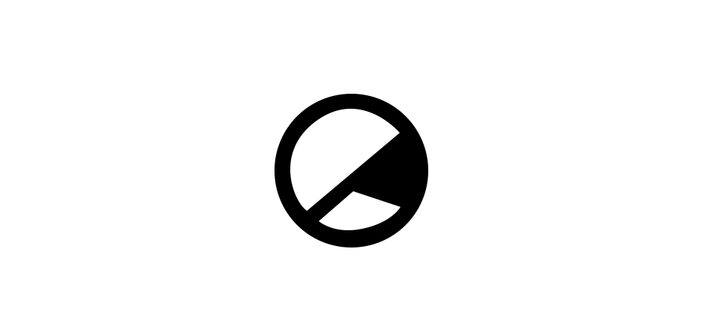The new film from the Dardennes is a timely tale about radicalisation that boasts strong performances, but sadly loses it nerve with an unsatisfying conclusion
-
6
The Dardenne Brothers (consisting of Jean-Pierre and Luc Dardenne) have built a steady reputation as two of Belgium’s most prestigious filmmakers within the international world. They are veterans of the Cannes Film Festival with nearly all of their films premiering there and two of them, Rosetta and L’Enfant, being awarded the Palme d’Or. Their latest film, Young Ahmed, follows in this tradition – a powerful drama about radicalisation that attempts to get at the sinister heart of this controversial subject but unfortunately is undermined by a few dramatic flourishes.
As the title suggests, the plot centres around Ahmed (Idir Ben Addi), a 13 year old Muslim boy who has recently become indoctrinated into the local Imam’s (Othmane Moumen) more extremist views about Islam. Ahmed’s relationship with his exasperated mother (Claire Bodson) is starting to frail as he expresses some misogynistic views like her drinking habits and his sister’s choice of clothing (‘sexy and revealing’). His more extremist opinions are directed at his teacher Inès (Myriem Akheddiou) who upholds a modern stance on Islam and expresses clear affection for him, but one that himself is obnoxious to and likewise perceives her as a threat to the greater cause.
The subject of Islamic radicalisation has been explored before, more recently in Peter Kosminsky’s TV series The State that dramatises the experience of four British Muslims who fly to Syria to fight for Islamic State. However, the Dardennes are not interested in the indoctrination process, but rather the long-lasting impact it can have on friends and family; as his mother says during a tense dinner, ‘a month ago you played video-games’ and now ‘you pray non-stop’. When Ahmed is later sent to a youth custodial centre to undergo therapy following a reckless attack on Inès, his religious beliefs come into question as his daily timetable clashes with his scheduled prayers and radical ideas affect newly formed friendships.
It’s understandable to see why the Dardennes won Best Director for this at last year’s Cannes. They invoke their signature handheld style that feels restraint rather than obtrusive which demonstrates a sense of control for a still sensitive topic in today’s society. The camera gently hovers over Ahmed in a manner that invites us to question his actions and motives, but still situating us as an observant who isn’t interfering. It’s this subtle technique that allows certain scenes to carry some ambiguity, like when Ahmed is writing a letter to his mother inside his custodial cell and wondering if the words on the paper ring true in his mind.
However, while the brothers’s neorealist approach offers an intriguing insight, there is a lack of emotional investment in our main character due to his haunting blank expressions that elicits nothing. This may have been intentional to display a more realistic depiction, but it means that the script has to carry quite a bit of heavy-lifting through the supporting performances in order to offer a connection into Ahmed’s story. Thankfully the acting on display is top-notch, in particular Claire Bodson and Myriem Akheddiou who are outstanding in conveying the mother figures of Ahmed through compassion but also showcasing the emotional heart-ache in acting helpless towards someone’s newfound twisted outlook on humanity. Likewise, newcomer Ben Idir Addi as Ahmed is terrific given that it’s a difficult role to undertake, but it’s a solid mature performance nonetheless.
The film’s first half is a powerful watch as the narrative delves into the after-effect of radicalisation and the long tiresome process of reversing these wicked thoughts. But as it moves into its final third where the focus is on Ahmed’s quiet relationship with a farmer’s daughter Louise (Victoria Bluck), it completely crumbles into generic melodrama that is not only ridiculous, but unravels all of the meticulous build-up from before. The script falls foul of cliche-ridden dialogue and the bizarre ending is rushed and deeply unsatisfying. It’s a shame that Young Ahmed fails at the last hurdle, considering this is a very timely tale told with utter sincerity and boasting some strong performances that deserve plenty of attention and plaudits. If only it held its nerve and went for a more understated conclusion, we might be thinking about a different outlook altogether.
Young Ahmed, directed by Jean-Pierre Dardenne and Luc Dardenne, is distributed in the UK by Curzon Artificial Eye, certificate not yet rated. It is available to rent via Curzon Home Cinema




